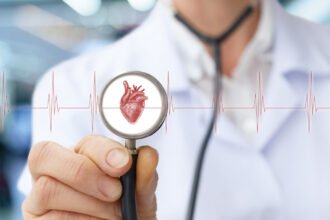We are starting to hear more about machine learning technologies and for a pretty well known answer, think about IBM Watson’s 70 servers and there’s
well known answer, think about IBM Watson’s 70 servers and there’s
We are starting to hear more about machine learning technologies and for a pretty well known answer, think about IBM Watson’s 70 servers and there’s one that most have probably heard of, in other words the machines store data and when new queries are presented, former queries are also stored for reference in a nutshell.
well known answer, think about IBM Watson’s 70 servers and there’s one that most have probably heard of, in other words the machines store data and when new queries are presented, former queries are also stored for reference in a nutshell.
According to the article the patient medical records have a role in how this works with supplying data and when all is analyzed based on the input from the various sources, when certain parameters are met, a prediction of a cardiac arrest can be made. The company hopes to move on to sepsis and other issues down the road. This is basically eliminating the “human” expert from the circle; however a human still needs too look and address and make decisions from the information given.
As I said about 3 years ago, whistleblowers and algorithms are a couple of the hottest 2 trends in healthcare and it appears it still hold some value here. The algorithm claims to be able to predict within 24 hours as to when a heart attack would occur but there was no percentage of accuracy quotes and perhaps hospital trials will be able to give us more information. BD
Casey Chan —Predictive Medical Technologies has developed a system that can mine the medical data of a patient—lab reports, monitors, nurse notes, etc.—and predict whether that patient will suffer from cardiac arrest or respiratory failure within 24 hours.
It’s a system that can be integrated into hospitals that are “at a certain technological level” without any new hardware, sampling or extra time. That technological level is rare though, with only 100 US hospitals properly equipped.
An Algorithm Can Predict Cardiac Arrest 24 Hours Before it Happens






